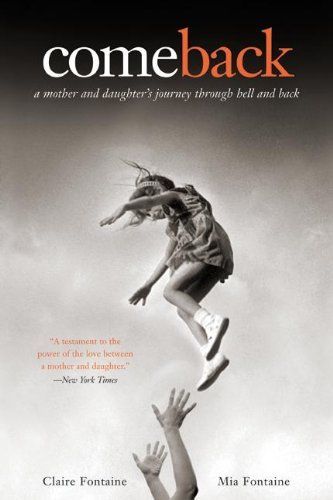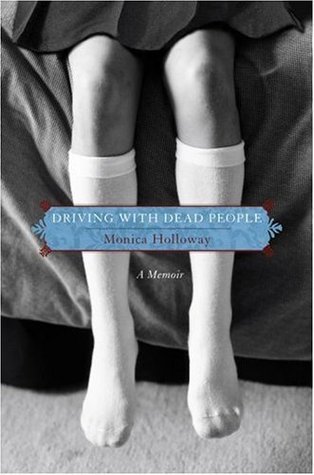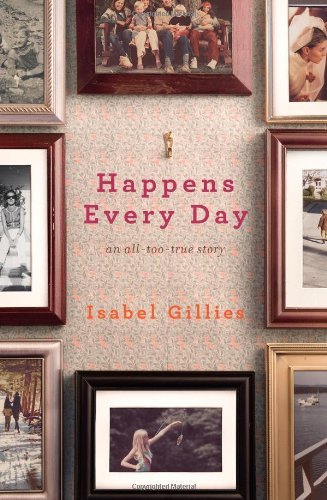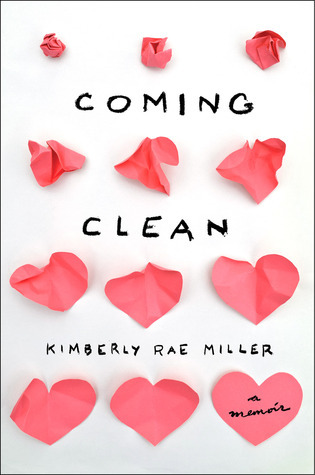
The Middle Place
Book Description
Caught between the fragility of youth and the weight of adult responsibilities, one woman's journey unfolds in a landscape of love, loss, and discovery. As Kelly Corrigan navigates the tumultuous waters of family bonds and the heart-wrenching reality of illness, she unearths the raw beauty of everyday moments. The Middle Place dances between joy and sorrow, illuminating the invisible threads that connect us all. With each poignant revelation, the stakes rise, pulling readers closer to the edge of their seats. Can one truly find strength in vulnerability, or will the tides of life pull them under?
Quick Book Summary
"The Middle Place" by Kelly Corrigan is a heartfelt memoir chronicling the author's experience as she navigates the intersection of being a daughter and a mother, facing both her own breast cancer diagnosis and her father's simultaneous battle with cancer. Corrigan explores the deeply rooted bonds within her family, shedding light on the love, humor, and vulnerability that define her relationships. Through raw honesty and intimate storytelling, she reflects on the challenges of adulthood, grappling with illness, and the desire to still be cared for by her parents even as she cares for her own children. Corrigan’s reflections provide a resonant exploration of the ways we rely on one another in times of crisis and the bittersweet realization of growing up while never fully leaving behind our origins.
Summary of Key Ideas
Table of Contents
Navigating Family Bonds
Kelly Corrigan’s memoir orbits the profound terrain between being a child and becoming a parent – what she calls the “middle place.” As both a daughter and a mother, she faces a unique crossroads when she is diagnosed with breast cancer just as her beloved father, George (affectionately known as "Greenie"), battles his own cancer. This parallel struggle underscores the book’s central tension: the longing to be cared for and protected while concurrently caring for others, and how this duality shapes our identities and relationships.
Illness and Resilience
At the core of Corrigan’s narrative are the bonds of family. She writes with humor and poignancy about her deep connection to her father, whose optimism and warmth anchor her through the storm of illness. Equally, her roles as wife and mother demand her strength and presence, fueling internal conflict. Corrigan’s description of her family’s rituals, quirks, and unwavering support reveal the ways in which familial love sustains us, and how family history and expectations can both comfort and confine.
Embracing Vulnerability
Illness becomes a crucible for resilience in the memoir. Corrigan does not shy away from the physical and emotional pain that cancer inflicts. Instead, she frames her journey as one of confronting fear, managing uncertainty, and finding sources of hope in unlikely places. Through treatment, setbacks, and small victories, she learns how illness sharpens perspective, forcing her to appreciate transient joys and minute milestones that may have previously slipped unnoticed.
The Meaning of Adulthood
Vulnerability and authenticity permeate Corrigan’s story. The narrative is laced with candid insights into her insecurities and the occasional friction between her desires to be strong and her need to feel cared for. She exposes the messiness of trying to maintain composure for her father and daughters, all while acknowledging her own fragility. This honesty about her limitations and emotional turbulence invites readers to recognize their own vulnerabilities, and to find comfort in the universality of these experiences.
Finding Strength in Love
Ultimately, Corrigan discovers that adulthood is less about severing ties to childhood than learning to carry both roles – parent and child – simultaneously. In the embrace of her family, she finds strength not by denying vulnerability, but by leaning into it, allowing love to be both shield and salve. Through laughter and tears, Corrigan illustrates that moving through the "middle place" is not only about survival, but about cherishing the beauty in connection, resilience, and unconditional love.
Download This Summary
Get a free PDF of this summary instantly — no email required.





